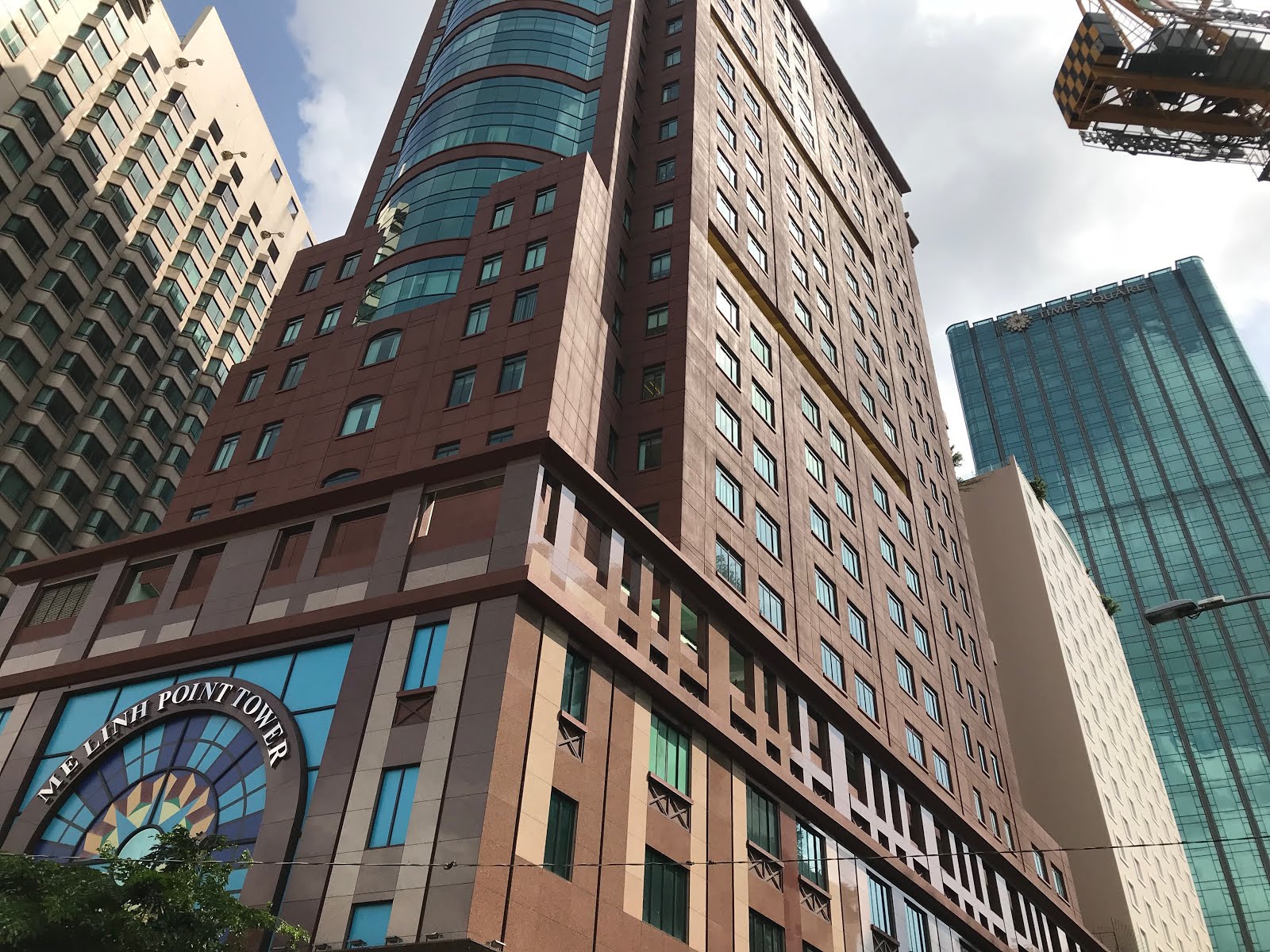Foreign investors must
transfer money in and out through the Direct Investment Capital Account (DICA)
for investment capital contribution.
FDI enterprises, foreign
investors participating in business cooperation contracts, foreign investors
implementing investment activities in Vietnam in the direct foreign investment
forms in accordance with current provisions of law on
investment should comply with the provisions of the investment law
when making investment and transfer the capital into Vietnam implementing FDI
activities in Vietnam, through setting up
company.
The capital contribution
in cash of foreign investors and Vietnamese partners in FDI enterprises must be
made through transferring to the DICA, either in foreign currencies or Vietnam
dong, which are opened by FDI enterprises and foreign investors participating
in a business cooperation contract at an authorized credit institution in order
to perform the relevant transaction to the FDI activities in Vietnam.
From DICA account, the investor could then transfer into transaction bank
accounts opened in a commercial banks in Vietnam.
The transfer of
investment capital before being granted investment
certificate into Vietnam and the transfer of capital abroad in
case of not being granted investment certificate of foreign investors shall be
complying with the provisions of the relevant regulations.
After being granted the
investment certificate, the accounting of pre-establishment costs of FDI
enterprises into equity or foreign loans is made on the basis of agreement
between the involving parties, ensured to comply with current provisions of
Vietnamese law and regulations on accounting, borrowing, repayment of foreign
debts of enterprises and other relevant provisions of Vietnamese law and
regulations. In case the foreign investors do not use all the investment capital
transferred into Vietnam to satisfy the legal costs for the preparatory phase
of investment, foreign investors can buy foreign currency and transfer the
remaining investment capital abroad in foreign currency on the basis of the
issuing records and documents evidencing investment capital transferred into
Vietnam and the expenses incurred for investment projects in Vietnam.
In case foreign
investors had moved investment capital into Vietnam to satisfy the legal costs
for the preparatory phase of investment in Vietnam but were not granted the
investment certificate by Vietnamese competent agencies, foreign investors are
allowed to transfer the investment capital transferred abroad after deducting
the expenses incurred in relation to the preparation of direct investment
projects in Vietnam. The investment capital transferred abroad by foreign
investors shall not exceed the maximum investment capital transferred into
Vietnam and the amount of interest of non-term loans incurred (if any). Foreign
investors are allowed to buy foreign currency and transfer abroad the
investment capital transferred into Vietnam in accordance with valid documents
proving the amount of investment capital transfer red into Vietnam and
legitimate expenses incurred in relation to the preparation of investment
projects in Vietnam.
Along with that, foreign
investors are allowed to transfer abroad the charter capital, direct investment
capital upon termination of operations (due to ending, the liquidation or the
dissolution of the enterprise before maturity), interest and foreign loans,
profits and other lawful income relating to operations of FDI activities in
Vietnam through the DICA. In case FDI enterprises and foreign investors
participating in business cooperation contracts have to close the DICA due to
ending, liquidation, dissolution which lead to the termination of FDI
activities in Vietnam or conduct investment capital transfer resulting in
alteration of the initial legal person of FDI enterprises, foreign investors
are allowed to use their DICA, either in foreign currency or in Vietnam dong,
opened at authorized credit institutions in order to transfer direct investment
capital and legitimate income abroad legally.
Moreover, FDI
enterprises and foreign investors can use legitimate income sources in Vietnam
dong or foreign currency gained from operations of FDI activities in Vietnam to
perform re-investment activities in Vietnam. Simultaneously, they also have the
right to use such income sources to purchase foreign currency at an authorized
credit institution and transfer abroad within 30 days since the date of buying
foreign currency.
The credit institutions
have the right to require FDI enterprises and foreign investors to provide
legal records and proofs relating to the FDI activities in Vietnam. They are
also responsible for regulating, inspecting and storing the documents
appropriate with the revenue and expenditure transactions of the DICA of
foreign investors to ensure the revenue and expenditure transactions are made
complying with the stipulations of this Circular and in accordance with the
relevant provisions of the Vietnamese law and regulations; and selling foreign
currency to foreign investors to transfer abroad on the basis of foreign
currency balances of credit institutions.
The laws on
investment in Vietnam will continue be adjusted to encourage investment
into various sectors of the economy. The changes of laws will be
monitored by ANT Lawyers Foreign
Investment Practice in Hanoi, Da Nang and Ho Chi Minh
City to provide clients with updates.





















.jpg)
.jpg)
.jpg)
.jpg)
.jpg)
.jpg)
.jpg)
.jpg)
.jpg)

